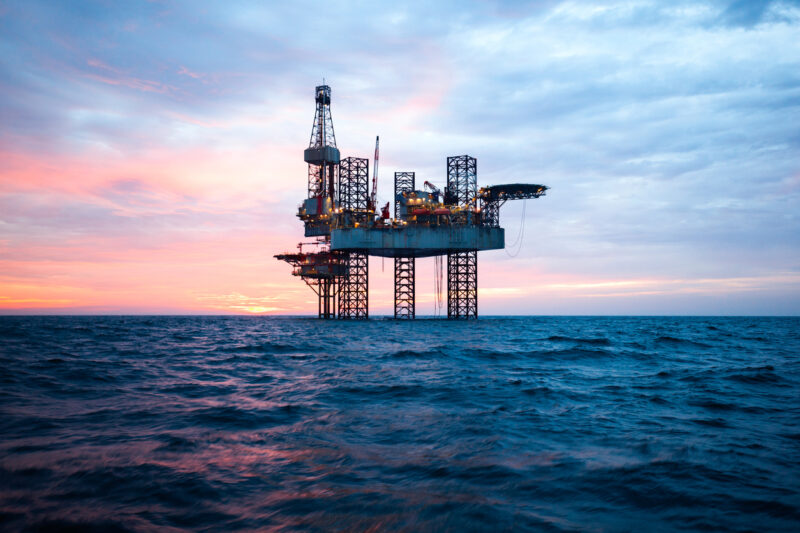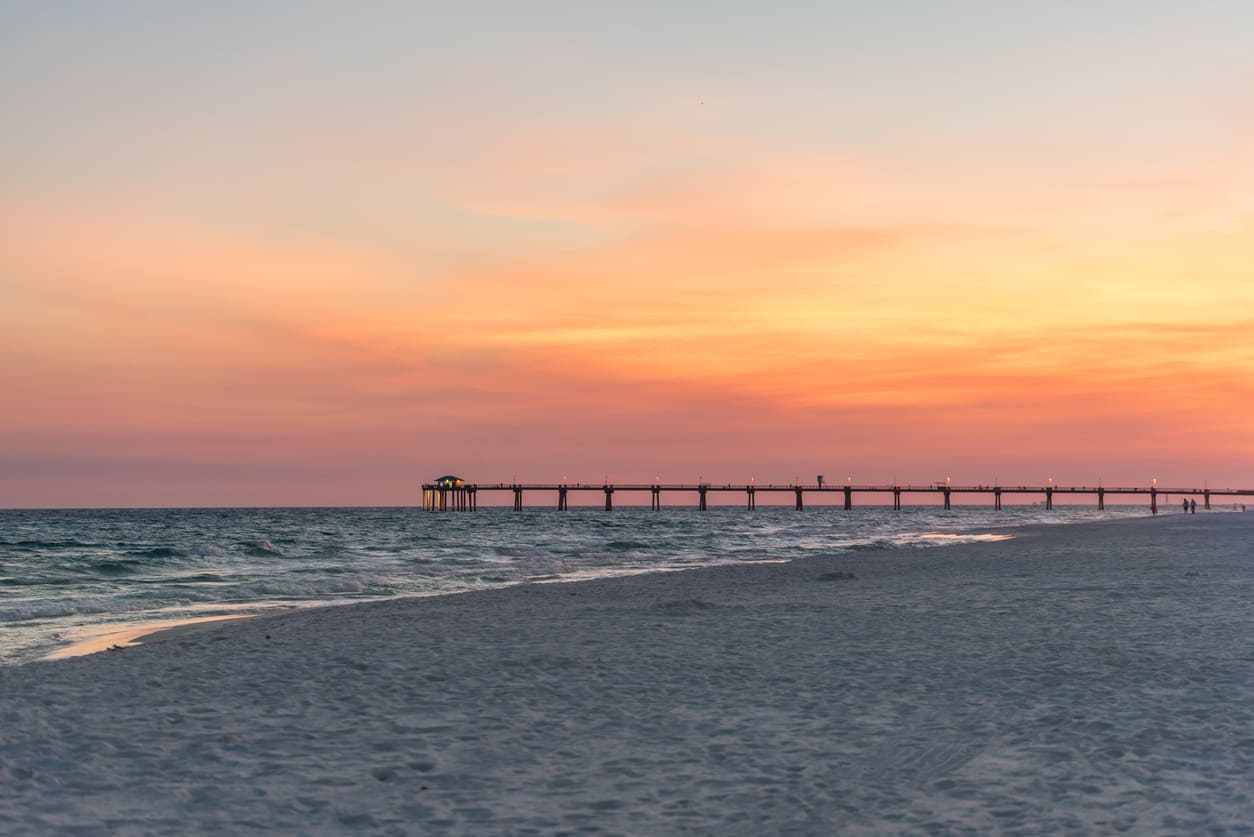The Dangers of Working On an Oil Rig
Paul Brannon | March 27, 2025 | Personal Injury

The life of an oil rig worker is no picnic. It’s demanding, requiring long hours, major physical exertion, and extended periods of time away from home. Given how close to home the Gulf is and its booming oil industry, it’s a career path that hits close to home for many Floridians.
Whether you’re a seasoned roughneck, a newcomer considering this career path, or a family member supporting a loved one on the rig, it’s very important to learn and prepare for the risks associated with this work.
The constant hum of machinery, frequent exposure to the elements, and sheer scale of operations all contribute to what can become a high-risk environment quickly if you’re not careful.
Falls
Oil rigs are multi-level structures that usually tower hundreds of feet above the water. Workers frequently perform their tasks at significant heights, working on platforms, derricks, or ladders. Falling from a height like that can result in serious injuries, including broken bones, spinal cord damage, traumatic brain injuries, and even death.
While safety harnesses and guardrails are in place to protect against falls, factors like slippery surfaces, inclement weather, and equipment failure can undermine safeguards and make working conditions even more treacherous.
Caught-In Or Caught-Between Accidents
The machinery on a rig is powerful and complex — it’s heavy, under high pressure, and has a lot of moving parts. Workers can easily get caught in or between these components, leading to crushing juries, amputations, and other severe trauma.
Rotating equipment, like drill pipes and winches, might be the worst offenders, with the greatest potential to inflict life-threatening or life-altering injuries. Proper training, following lockout and tagout procedures to ensure equipment is safely shut down before maintenance, and constant vigilance of your surroundings all go a long way to prevent these devastating accidents.
Fires and Explosions
Where there’s oil and gas, there’s the potential for fire. These materials are highly flammable. Just one spark from welding, faulty electrical equipment, or even static electricity can ignite these volatile substances with catastrophic consequences. Workers might suffer burns, smoke inhalation, blast injuries, and even death.
In addition to rigorous safety protocols, having fire suppression systems and emergency response plans in place is crucial to mitigating this constant threat.
Hazardous Substances
Flammability isn’t the only danger of oil, gas, and related chemicals. Rigs come with more than their fair share of hazardous substances — beyond oil and gas; there are drilling muds, chemicals used in extraction, and even asbestos on older rigs.
Prolonged or acute exposure to these compounds can lead to respiratory problems, skin irritation, nerve damage, and even certain types of cancer. That’s why personal protective equipment, like respirators, gloves, and other protective clothing, is crucial, along with adequate ventilation and monitoring of air quality.
Equipment Failure
The harsh marine environment and constant operation of heavy machinery take a toll on oil rig equipment. Simple wear and tear is enough to cause serious malfunctions, especially if rig workers haven’t kept up with proper maintenance.
Equipment failures, ranging from minor breakdowns to catastrophic collapses, can lead to a variety of injuries depending on the nature of the failure. However, regular inspections, preventive maintenance, and the use of high-quality, durable equipment can help minimize these risks.
Understand the Risks of Working On an Oil Rig
The oil and gas industry touches so many parts of everyday life — it literally fuels the world — but the human cost is incredibly high. Advancements in safety technology and strict regulations have improved working conditions, but there will always be dangers inherent in working on an oil rig.
Understanding these risks and prioritizing safety through training, strict, enforceable protocols, and providing necessary protective equipment can make all the difference between keeping workers safe or setting the stage for serious injuries.
Contact Our Personal Injury Law Firm in Northwest Florida
If you need legal assistance, contact the Fort Walton Beach personal injury lawyers at Brannon & Brannon Car Accident & Personal Injury Lawyers at your nearest location to schedule a free consultation today.
We have two convenient locations in Northwest Florida:
Brannon & Brannon Car Accident & Personal Injury Lawyers – Fort Walton Beach Office
975 Mar Walt Dr
Fort Walton Beach, FL 32547
(850) 863-5297
Brannon & Brannon Car Accident & Personal Injury Lawyers – Destin Office
4507 Furling Ln Suite 214
Destin, FL 32541
(850) 790-0243
